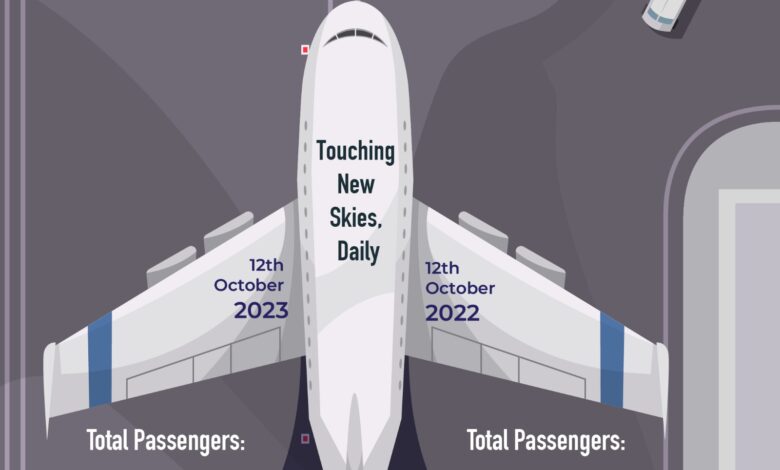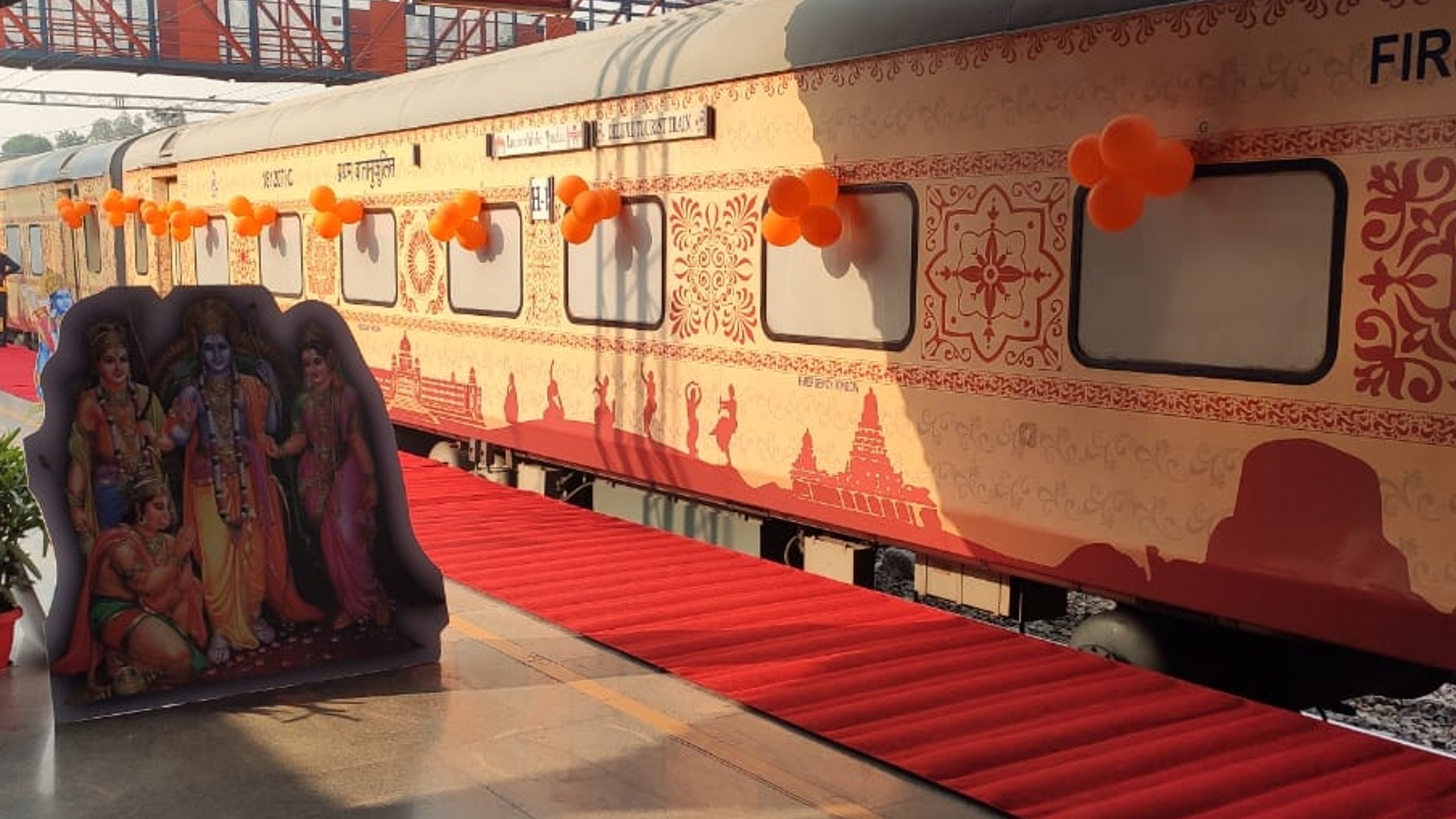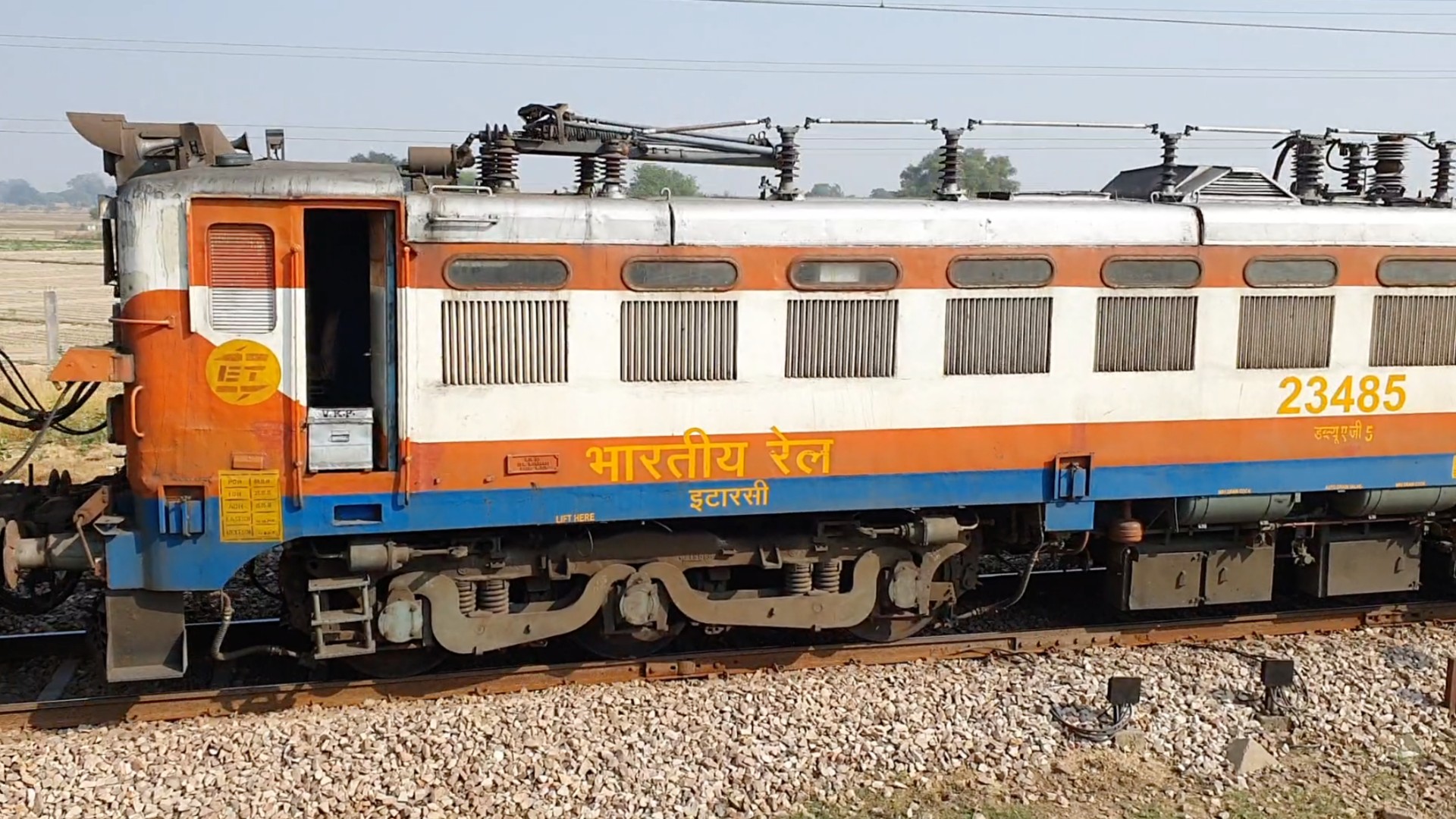Amendment to Aircraft Rules, 1937 Extends License Validity and Strengthens Aviation Regulations

In a significant development, an amendment to the Aircraft Rules, 1937, was officially announced through the Gazette on October 10, 2023. This marks a pivotal shift towards promoting ease of doing business and enhancing safety and security in the aviation sector.
The amendment follows extensive consultations with industry stakeholders and introduces essential reforms aimed at bolstering the existing regulatory safety and security framework. These changes align India’s aviation regulations with the standards set by the International Civil Aviation Organization (ICAO) and international best practices. Some of these reforms were previously notified in the Gazette on April 13, 2023, in the Amendment to the Aircraft (Demolition of Obstructions caused by Building and Trees, etc.) Rules, 1994.
A notable highlight of the Amendment to the Aircraft Rules, 1937 is the revision of Rule 39C. This change extends the validity of licenses for Airline Transport Pilot License (ATPL) and Commercial Pilot License (CPL) holders from five years to ten years. This adjustment is expected to reduce administrative burdens on pilots and aviation authorities, such as the Directorate General of Civil Aviation (DGCA), streamlining the licensing process.
Furthermore, Rule 66 under the Amendment addresses concerns related to the display of “false lights” in the vicinity of aerodromes. The update clarifies that the term “light” encompasses lantern lights, wish kites, and laser lights. The government’s jurisdiction over those displaying such lights has been expanded from 5 kilometers to 5 nautical miles around an aerodrome. Additionally, the government is granted the authority to take action against individuals displaying lights that disrupt aircraft’s safe operation or pose hazards to the operating crew. If such lights remain unattended for 24 hours, the government can enter the location and extinguish them, with the matter reported to the relevant police station for legal action under the Indian Penal Code (IPC). In cases where the source of the observed light is unidentifiable or shifts locations, the airport or airline operator must promptly report the incident to the local police station, potentially initiating criminal proceedings.
Moreover, Rule 118, which pertains to the validation of foreign licenses, has been removed as it was deemed redundant. This change reflects the regulations’ adaptability to the evolving needs of the aviation sector.
The amendment also introduces a clause under Schedule III to liberalize recency and competency requirements while ensuring the continued competence of Air Traffic Controller License holders. This change provides greater flexibility to accommodate situations with limited movements or watch hours. Air Traffic Controller license holders must now complete a minimum of ten hours of simulated exercises, including emergencies, followed by a skill assessment for their respective rating within ten consecutive days of initiating these exercises.
These comprehensive amendments to the Aircraft Rules, 1937 represent a significant stride towards fortifying aviation safety, security, and ease of doing business within the Indian aviation sector. They are poised to foster the growth and sustainability of the industry, ensuring its compliance with global aviation standards.




